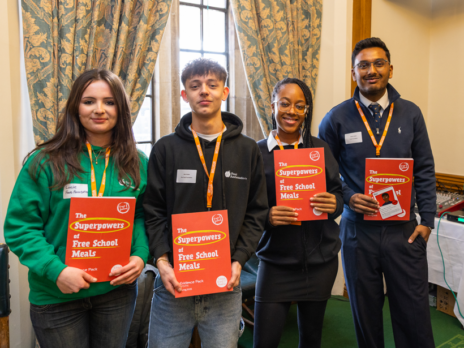
To call Finchley and Golders Green a place of contrasts would be an understatement; contradictions is perhaps more apt. The constituency borders London’s green belt to the north and is home to the Bishops Avenue (dubbed “Billionaire’s Row”), one of the wealthiest streets in the world. But it also contains pockets of severe urban deprivation, with 384,477 food bank visits made there in 2022-23. In between such extremes are streets and streets of the kind of suburban family homes sought after by generations of London’s aspirational immigrant middle class. For waves of new arrivals over the decades – from India, Romania, Iran, Cyprus, South Korea, Japan – a three-bed semi in Temple Fortune or Finchley Central has been symbolic of having “made good” in modern multicultural Britain.
The community most strongly associated with this corner of north London, though, is the Jews. The seat has the largest Jewish population in the UK and in Golders Green, the epicentre of British Jewry, you’ll find kosher delis nestled between the usual Turkish kebab shops and Chinese restaurants. In North Finchley, where I grew up, the signs weren’t quite so obvious, but they were there if you knew where to look: mezuzahs on door frames, a kosher section at the local supermarket.



